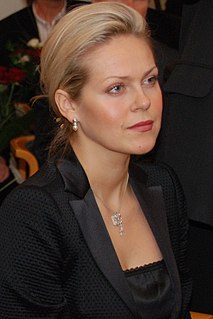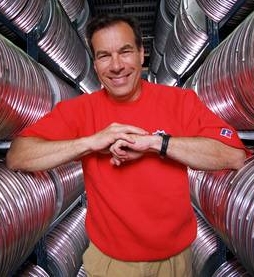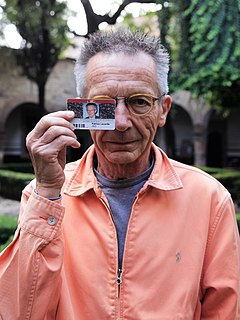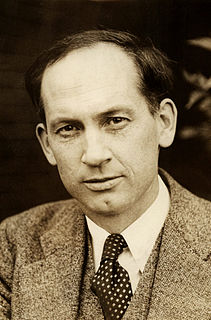A Quote by Kristine Opolais
I hate everything that is rigid. I need freedom.
Related Quotes
I've been very lucky in the freedom that I've been given. Every artist needs two types of freedom: You need the freedom to - the freedom to come up with an idea or treatment - and then you need the other half of the freedom, and that's freedom from - somebody saying, 'This is great. This is how I want you to do it'.
I've been very lucky in the freedom that I've been given. Every artist needs two types of freedom: You need the freedom to - the freedom to come up with an idea or treatment - and then you need the other half of the freedom, and that's freedom from - somebody saying, 'This is great. This is how I want you to do it.'
Let's call something a rigid designator if in every possible world it designates the same object, a non-rigid or accidental designator if that is not the case. Of course we don't require that the objects exist in all possible worlds.... When we think of a property as essential to an object we usually mean that it is true of that object in any case where it would have existed. A rigid designator of a necessary existent can be called strongly rigid.
These individuals are tyrants, and so they hate democracy. They are bigots, zealots, and persecutors, and so they hate Americas freedom tolerance, and respect for all people. The terrorists of Sept. 11 live and flourish in darkness. They cannot survive in the liberating and inspirational sunlight of American freedom and democracy.
I admire about Hillary: Every time I am going to walk away from her candidacy, I think, she has absorbed more hate than anyone I can think of over the past twenty years, and she hasn't cracked under it. That's a kind of iron fortitude that maybe we need in the President of the United States. People project on to Hillary because she is a woman. They either hate her for everything they hate about women or they long for her to be everything they want in a woman. It's an impossible burden.
The full impact of printing did not become possible until the adoption of the Bill of Rights in the United States with its guarantee of freedom of the press. A guarantee of freedom of the press in print was intended to further sanctify the printed word and to provide a rigid bulwark for the shelter of vested interests.



































